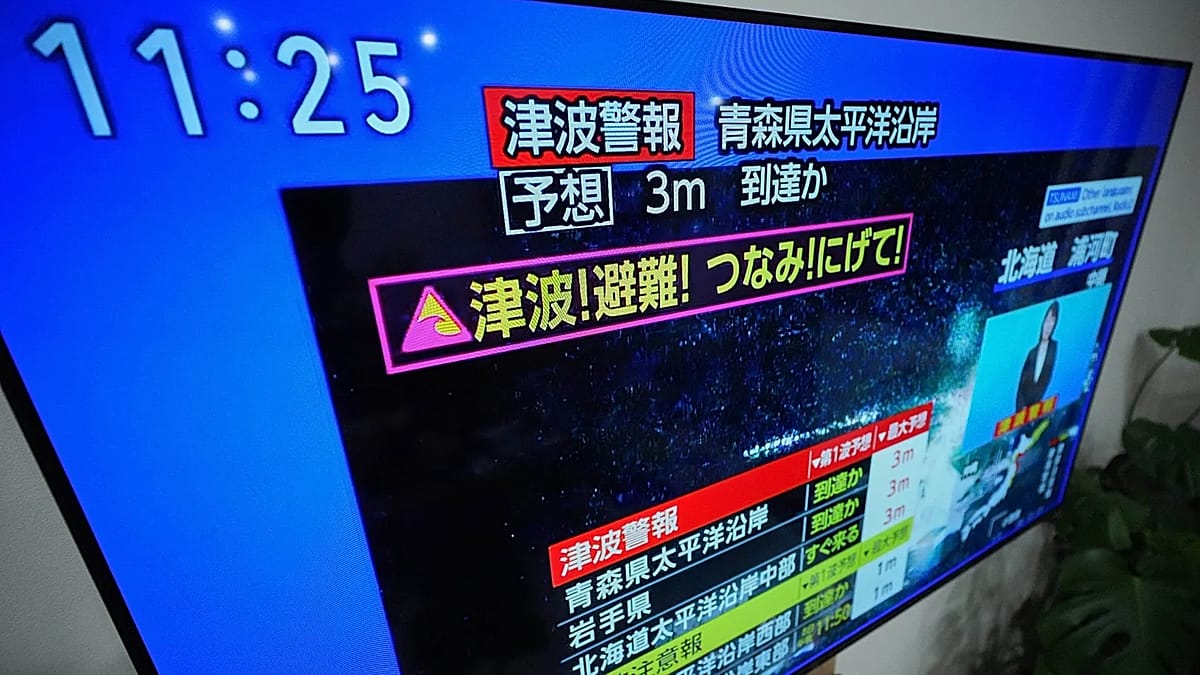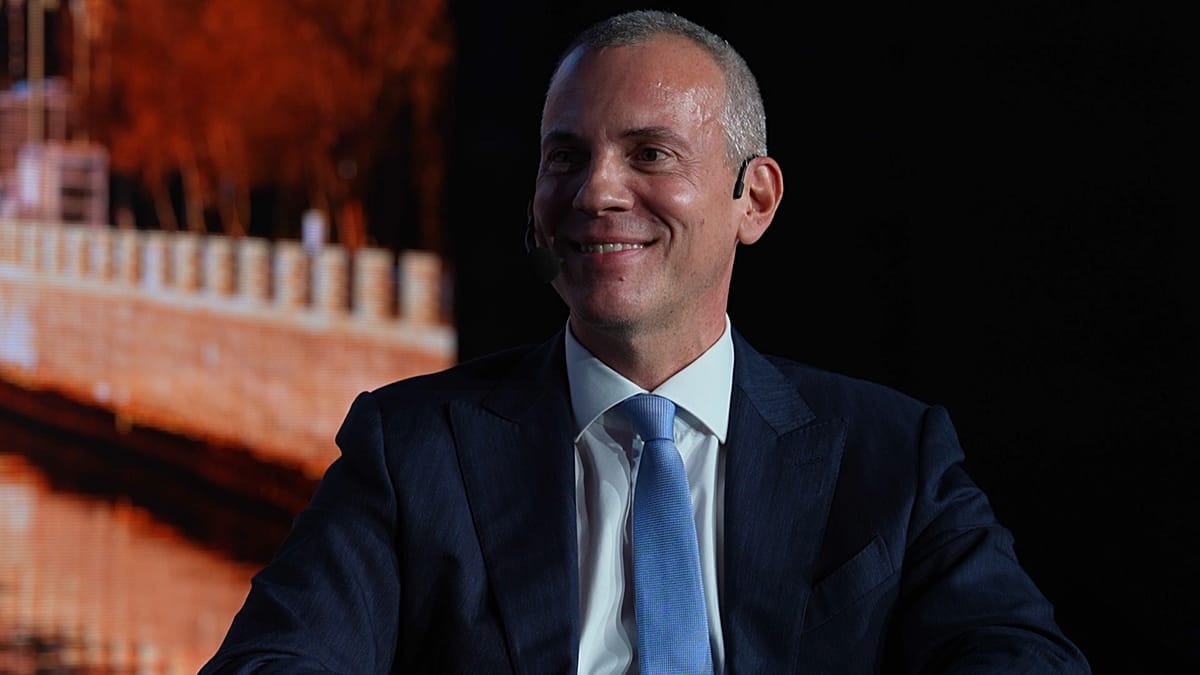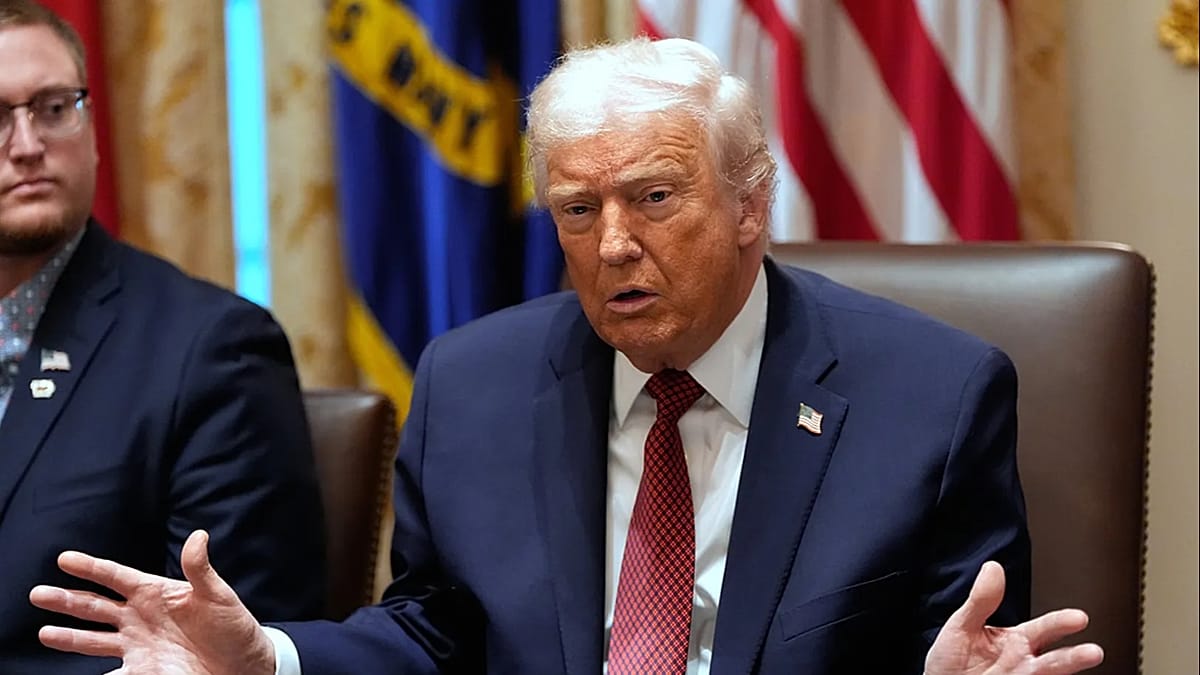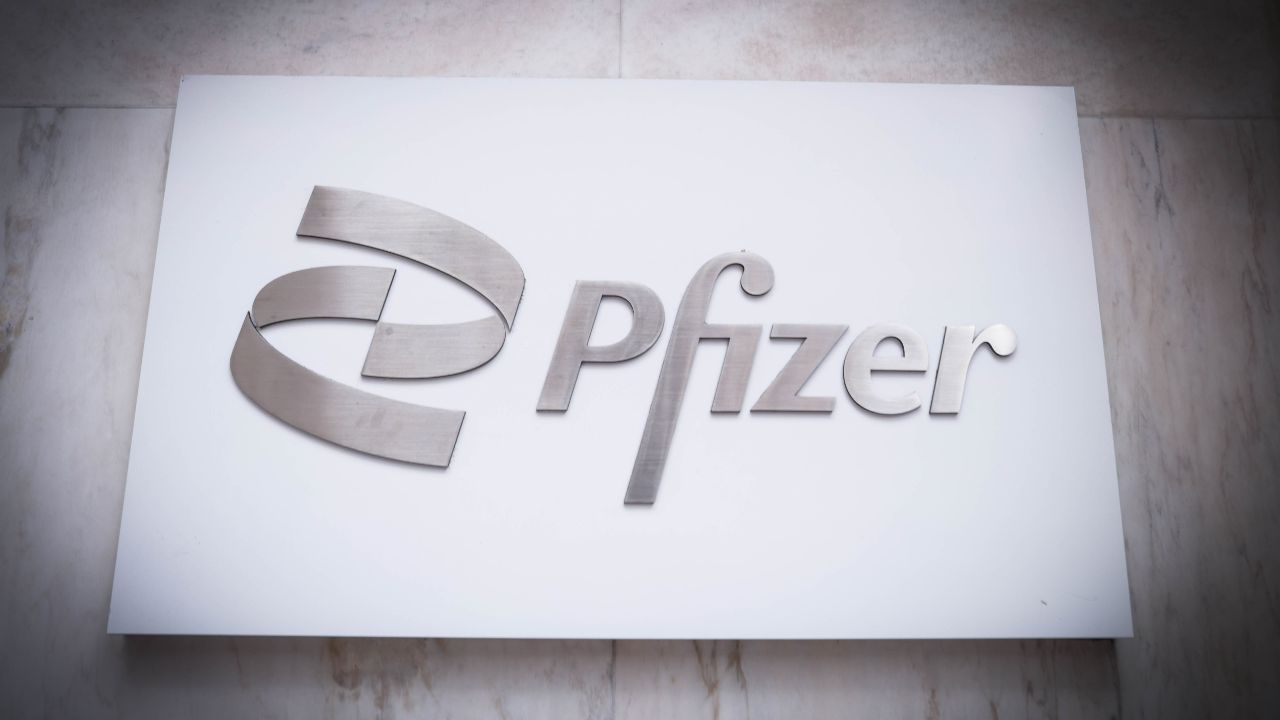Romania,/convinced/that/the/application/of/EMFA/will/contribute/to/strengthening/democracy

Bucharest – The National Audiovisual Council of Romania, in its capacity as a guarantor of the public interest in the field of audiovisual communication, will integrate the EMFA rules into its current activities and will cooperate with all relevant institutions to ensure their compliance. The expected outcome is a more transparent, independent, and resilient media environment in the face of political, economic, or informational pressures, said the vice president of the National Audiovisual Council of Romania, Valentin Jucan, on Friday for AGERPRES.
EMFA is not just a simple legislative exercise, but an essential tool for strengthening pluralism, editorial independence, and transparency in the European media space. Its implementation in Romania will not remain at a declarative level, the official insisted.
“EMFA is not just an opportunity, but also a responsibility. Its rigorous implementation in Romania will contribute to strengthening democracy by enhancing freedom of expression and the citizens’ right to be correctly and pluralistically informed,” emphasized Jucan.
He summarized the challenges facing the media landscape in Romania: the concentration of media ownership in the hands of a small number of actors, often with political or economic interests; lack of transparency regarding funding sources and editorial control structures; non-transparent distribution of state advertising; direct or indirect editorial pressures on journalists and imbalances between traditional media and digital platforms in attracting advertising revenue.
The European Media Freedom Act (EMFA) enshrines the principle of information as a public good and protects and promotes the freedom, independence, and pluralism of the press within the internal market.
In February 2024, the Parliament and the Council adopted new rules to protect media freedom as well as the independence of journalists in the EU. The regulation began to be progressively applied in the EU starting in May 2024, but its key provisions will come into effect on August 8, 2025.
The law increases transparency regarding the ownership of media outlets and the allocation of state advertising, strengthens the independence of public media, and ensures robust protection for journalists and their sources. (8.8.2025)















































